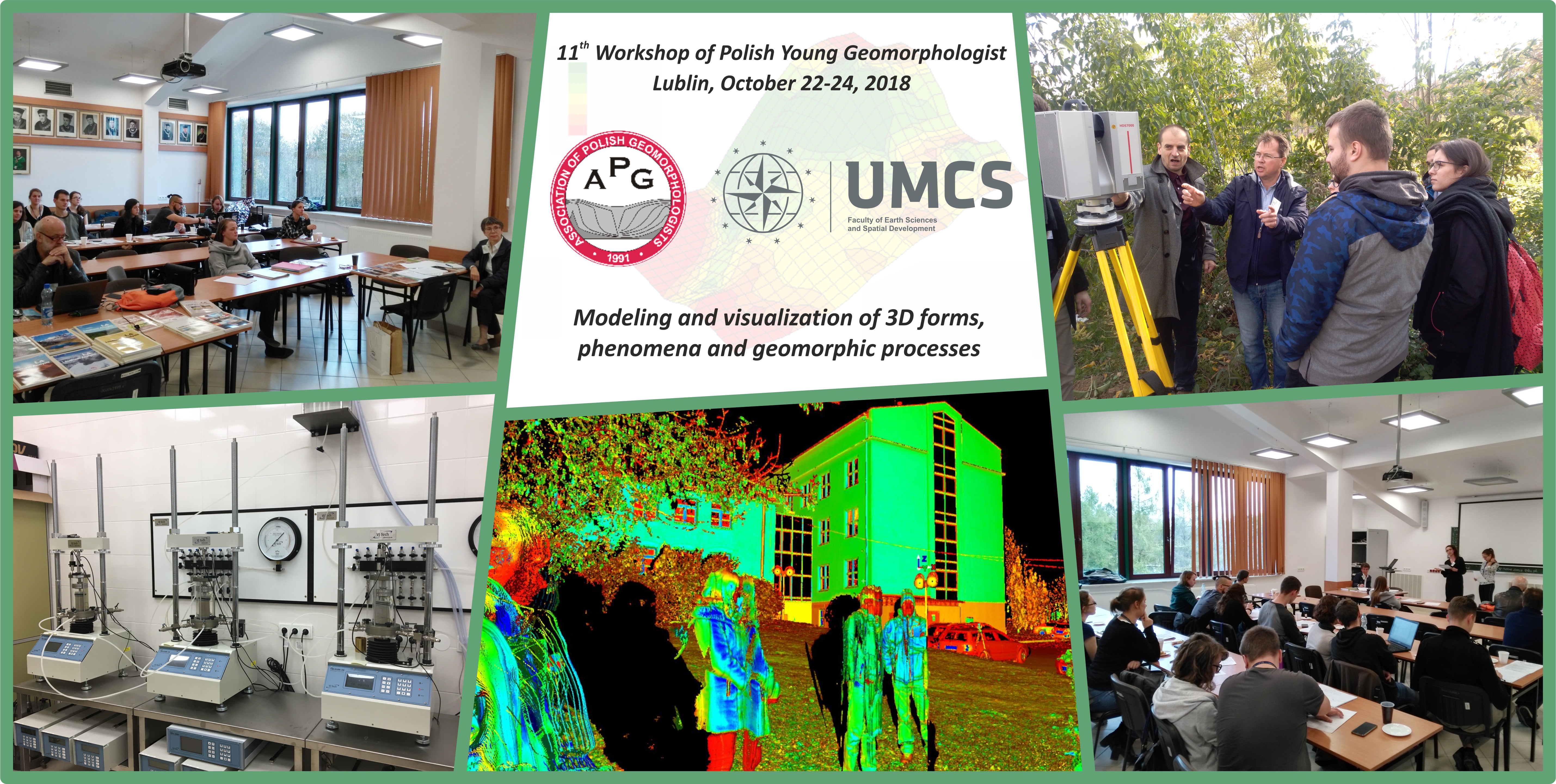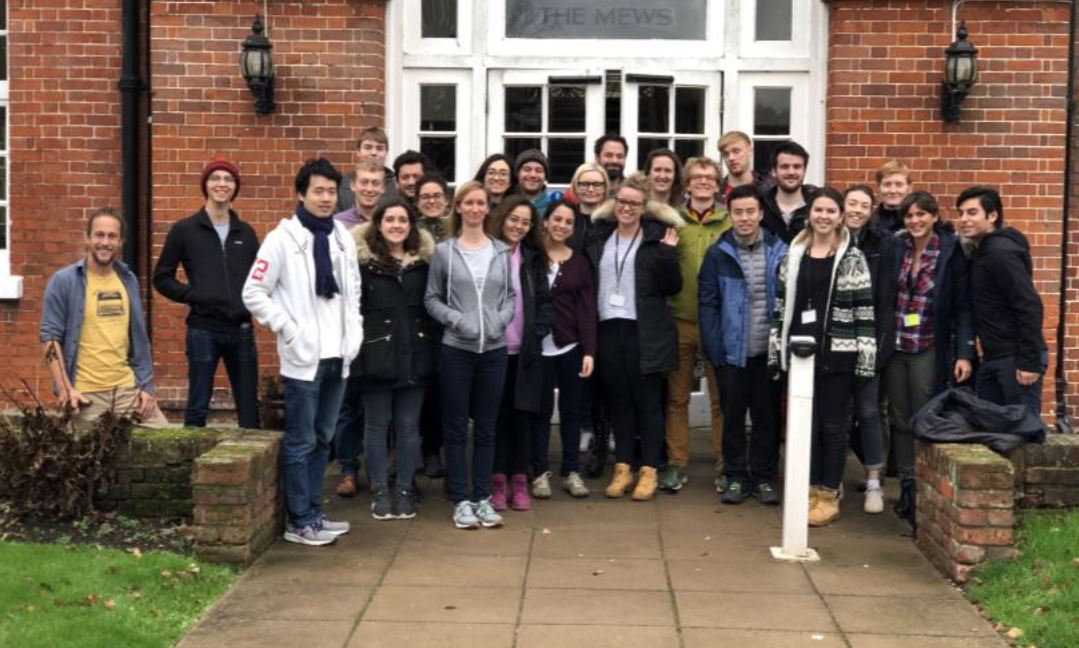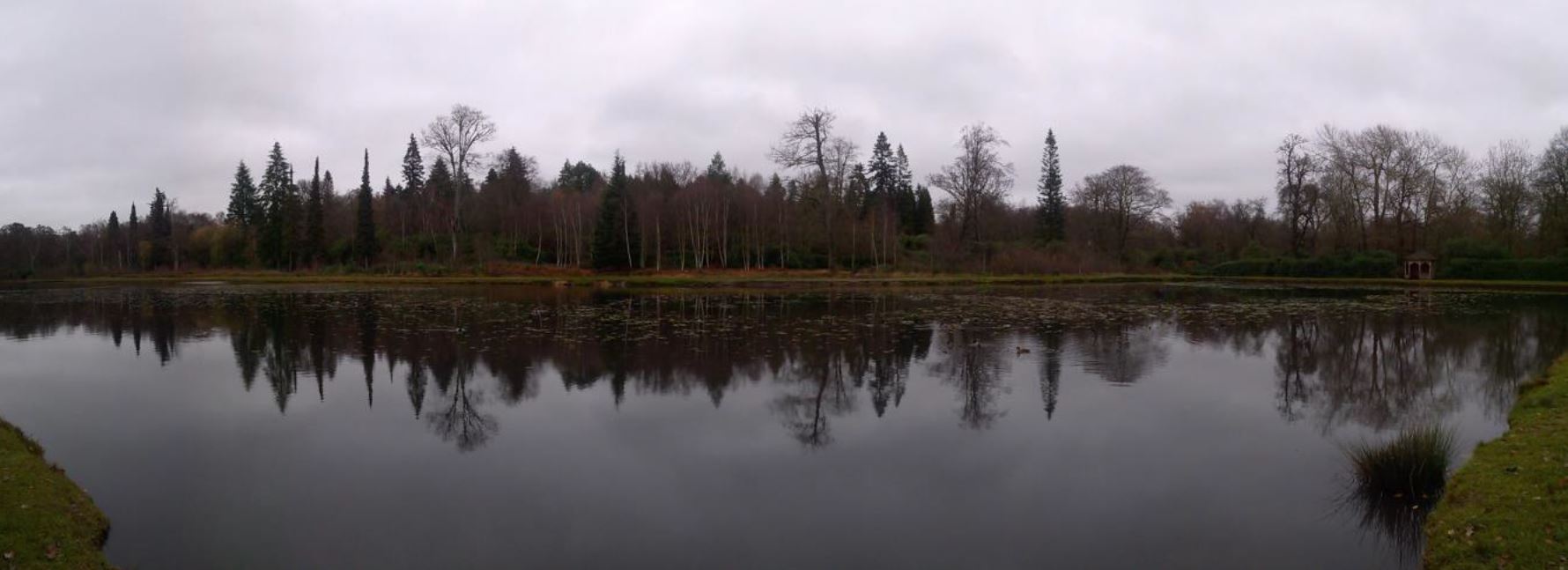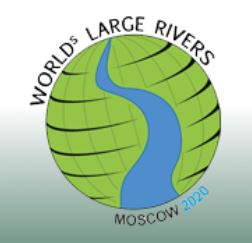
Report on 11th Workshop of Polish Young Geomorphologists Oct 2018
11th Workshop of Polish Young Geomorphologists: ‘Modelling and visualization of 3D forms, phenomena and geomorphic processes’

The eleventh edition of Polish Young Geomorphologists Workshops, whose main initiator and co-organizer was the Association of Polish Geomorphologists (APG), was held on October 22-24, 2018, at the Faculty of Earth Sciences and Spatial Management of the Maria Curie-Skłodowska University in Lublin. Sixteen young students of geomorphology took part in the meeting entitled ‘Modelling and visualization of 3D forms, phenomena and geomorphic processes’. The participants represented the University of Łódź, the University of Wrocław, Maria Curie-Skłodowska University in Lublin, Nicolaus Copernicus University in Toruń, the University of Silesia in Katowice and the Polish Academy of Sciences in Warsaw.
The idea of the workshop was to introduce participants with the most recent research trends focused on the high-definition field surveys, modelling and visualization of landforms, geomorphic phenomena and processes and acquiring knowledge in the field of research planning and organizing, strategies for raising funds, rules for submitting of research projects, as well as rules of preparation of lectures and scientific publications.
The workshop program included three days of training with varied formats, which were linked by two main themes. The first ‘Analysis of the stability of slope sediments’, conducted by dr Piotr Demczuk, was devoted to the methodology for testing slope sediments and their numerical analysis in the context of landslide hazard, using geotechnical tools. The second ‘Geomodelling the loess gullies’, led by prof. Grzegorz Janicki – included practical training using terrestrial laser scanning (TLS & 3D technology). President of Association of Polish Geomorphologists – prof. Małgorzata Mazurek – presented a historical draft of the origin and development of the Association and the functioning and scope of its activities, with particular attention to the place of young adepts of science in the structure of this organization. In addition, as part of the lecture of prof. Piotr Migoń (University of Wrocław), workshop participants had the opportunity to learn about the history, structure and functioning of the International Association of Geomorphologists (IAG), and listeners learnt about the benefits resulting from activities within this organization. Workshop participants found out more about planning and organization of scientific research presented by prof. Zbigniew Zwoliński (Adam Mickiewicz University in Poznań) as well as strategy of raising research funding and rules for the preparation of research projects – led by prof. Piotr Migoń. Each of the participants presented the concept of their own research project. The workshop program also included issues related to the preparation of scientific publications and rules for their review – prepared by dr Anna Orłowska.
In the summary of the meeting, attention was paid to the important role played by such meetings in the scientific development of every researcher. The workshops ended with handing over the certificates of the completion of the 11th Young Geomorphologists’ Workshop and an invitation for their next edition, which will take place in 2019 at the University of Łódź.
Łukasz Franczak, Waldemar Kociuba, Anna Orłowska






